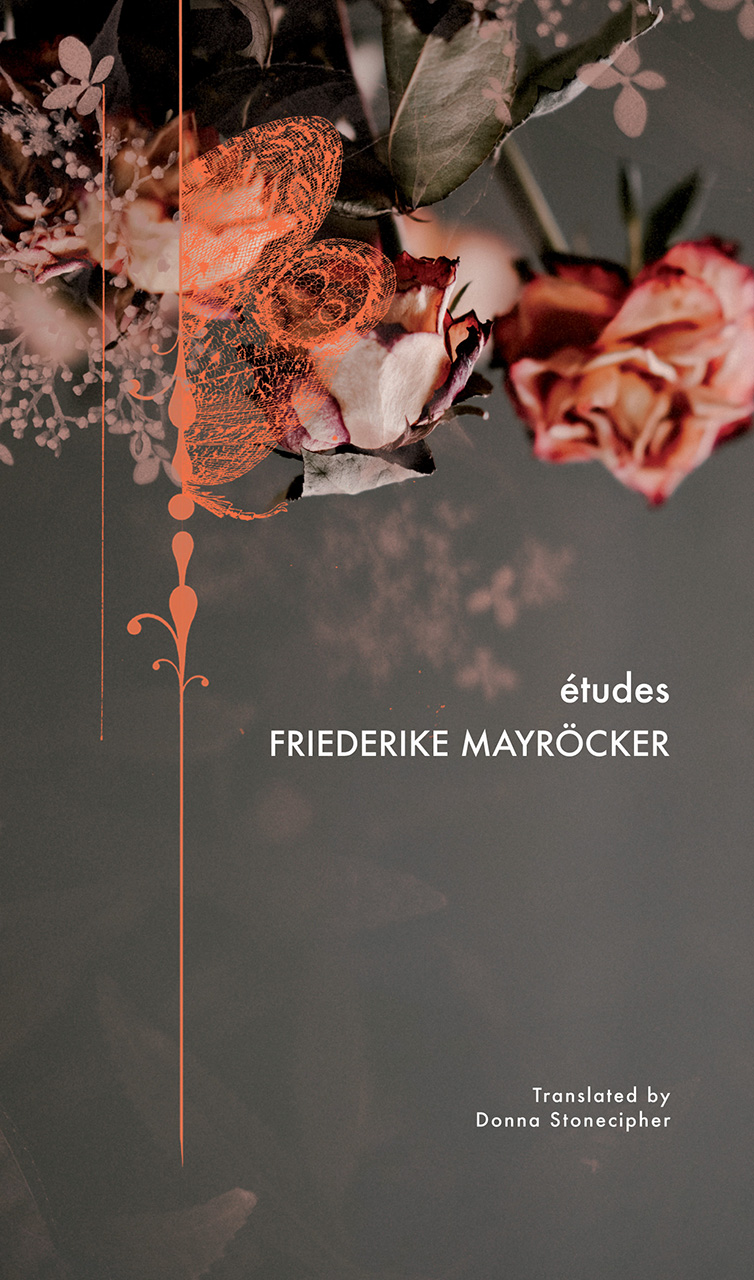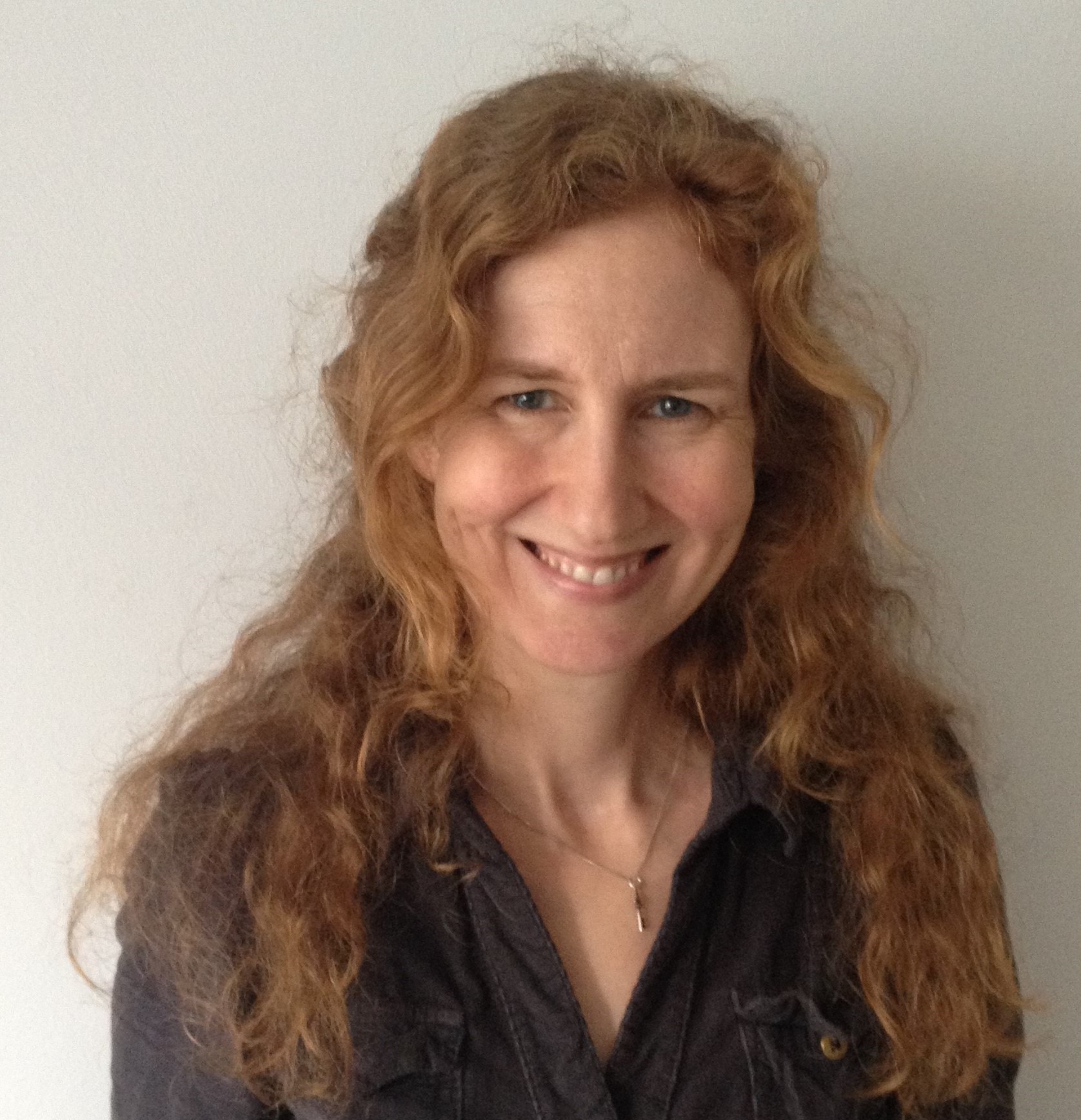Translating, for me, is about being able to inhabit a voice. I learned this the hard way early on, when I got a job to translate a history book. Although I was excited about the contract, anticipating learning a lot, I soon found myself in severe difficulties. I do not have the mind of a historian. I am bad with dates. I lack the ability to refer to sweeping historical movements with self-assurance. I had to write multiple drafts, and hire an editor, to construct an edifice of a voice that was convincing.
Translating poetry is not different. If I can’t inhabit a poet’s voice, I can’t translate their poetry. In order to be able to inhabit their voice, I have to not only love the poetry, but feel a very intense sympathy. I have to feel that I understand the way their mind moves—what gave them pleasure in making particular choices, so that I can take an analogue pleasure in making mine.
In addition to having to be able to inhabit their voice, translating a living poet involves another hurdle: I have to like the poet as a person. Only if I do can I fully unleash my own poetic forces in the translation.
I started translating Friederike Mayröcker’s book études after a Dutch poet friend suggested I take another look at her work. I went to my local bookstore, found études on the shelf, opened it up and fell in love.
A year or so later, after I had translated the first 30 pages of her book, I met Friederike Mayröcker in Vienna. She suggested we meet at her Stammcafé, the café she has been going to for decades. The kind of place with gilded fixtures and waiters in dinner jackets. Ostensibly I was meeting her to ask questions about sections I didn’t fully understand in études, but really, looking back, I as much wanted to get a sense of her as a person. I had felt, reading her poems and working on them, that I could inhabit her voice. I took such deep delight in the poems that I could also conceive of how to render them in English. But would I like Friederike Mayröcker, the grande dame of Viennese poetry? Could my own poetic forces be fully engaged?
Other than the fact that she was 93, that we called each other by the formal “Sie,” and that the waiter kissed her hand, our meeting felt like having coffee with a poet-friend, a peer. Mayröcker was humble, kind, and utterly free of airs. She was attentive and generous. As I posed my questions, she would put on her reading glasses, take the open book from my hands and study the words in question, think hard about it, and then hand the book back to me and gently say something like, “Wissen Sie … (you know) … im Rausch des Schreibens, ist es einfach so rausgekommen.” Rausch can mean rush/rapture/intoxication/exhilaration, etc. “In the intoxication of writing, it just came out that way.” Could I maybe, she suggested, translate the phrase in question literally?
I had a wonderful time. By the end of our meeting, my neat list of questions had all been checked off—and I had 0 answers. But I had an answer to the most thorny question: I knew that I liked Friederike Mayröcker. I could get to that intense, borderline invasive state in which I could “write” like Friederike Mayröcker, “think” like her, because on some fundamental poetological level, I understood her; but now my heart also gave me the green light. It made me wonder how much the entire impulse to poetry on some level emerges from sympathy, affinity—from love.
I have read a wide shelf’s worth of books of translation theory, but when I actually sit down to translate, especially poetry, all of that beautifully formulated theory goes out the window, and I am faced with the poet’s mind, and my mind, and how I am going to get them to work together. But I also realized from my meeting with Friederike Mayröcker that my task was not necessarily to be 100 percent correct, which isn’t possible anyway. To truly inhabit Mayröcker’s voice, I would have to give myself over to the “Rausch des Übersetzens.” The intoxication of translation.
The poem from études presented here was particularly intoxicating to translate, with its dreamy, melancholy repetitions.




